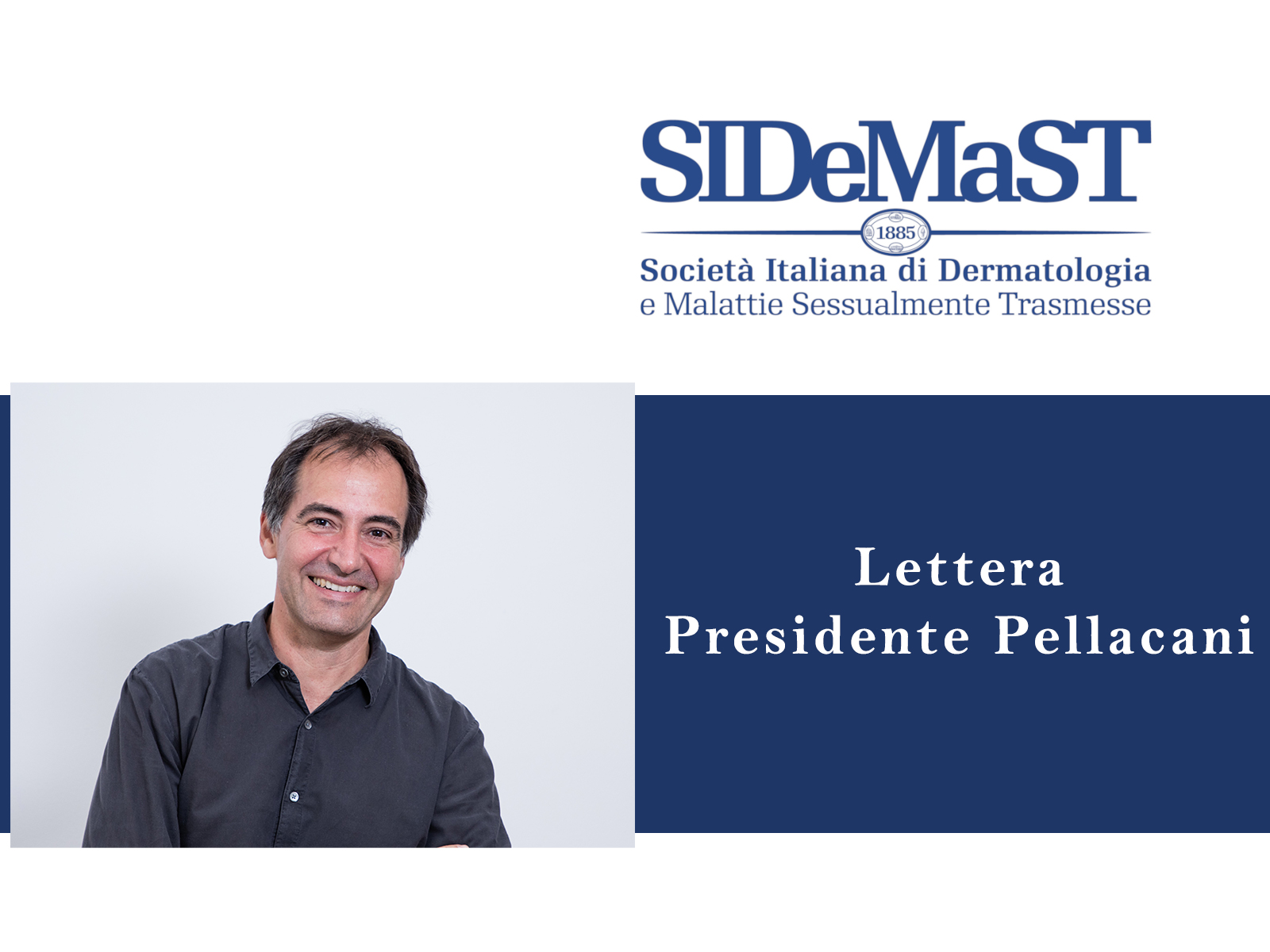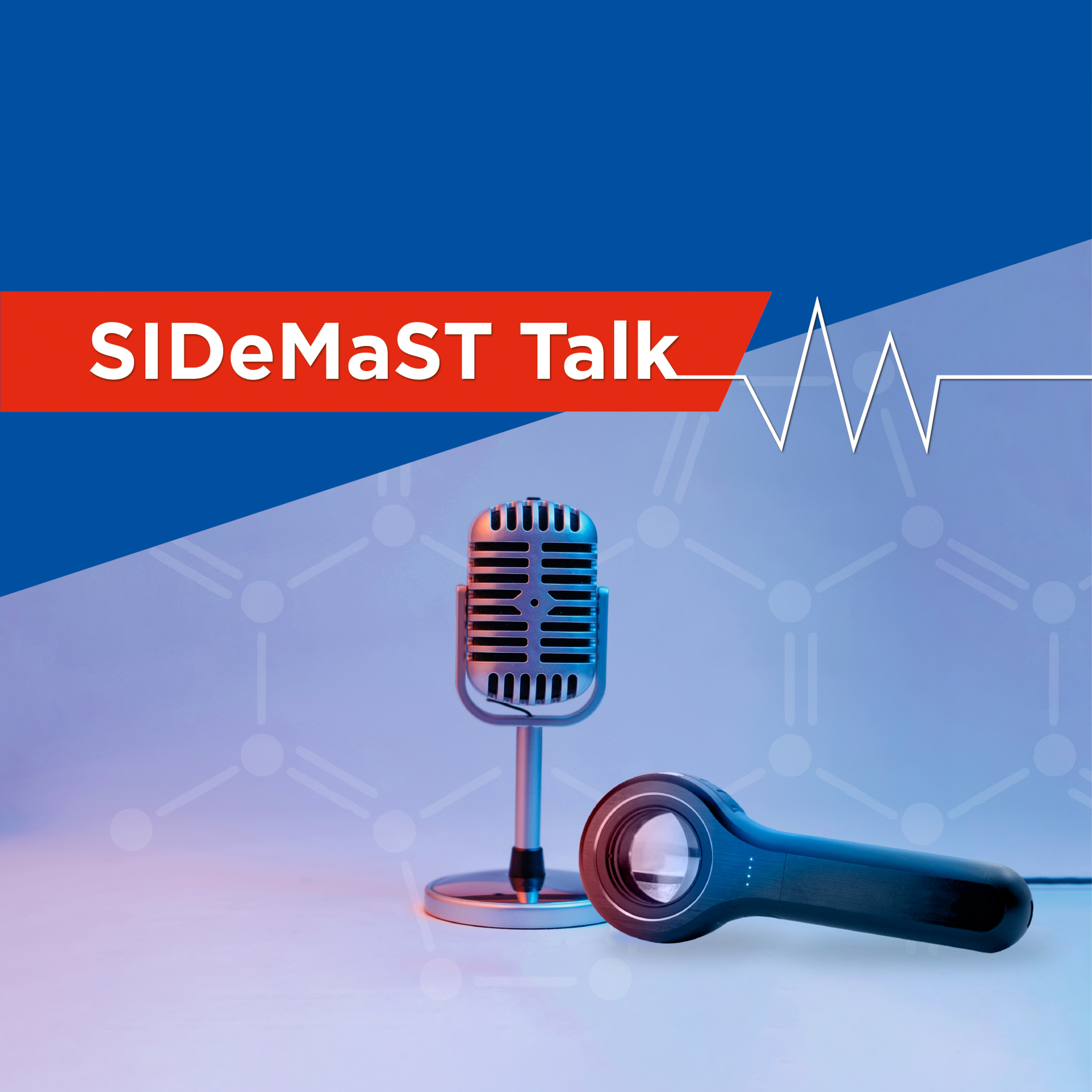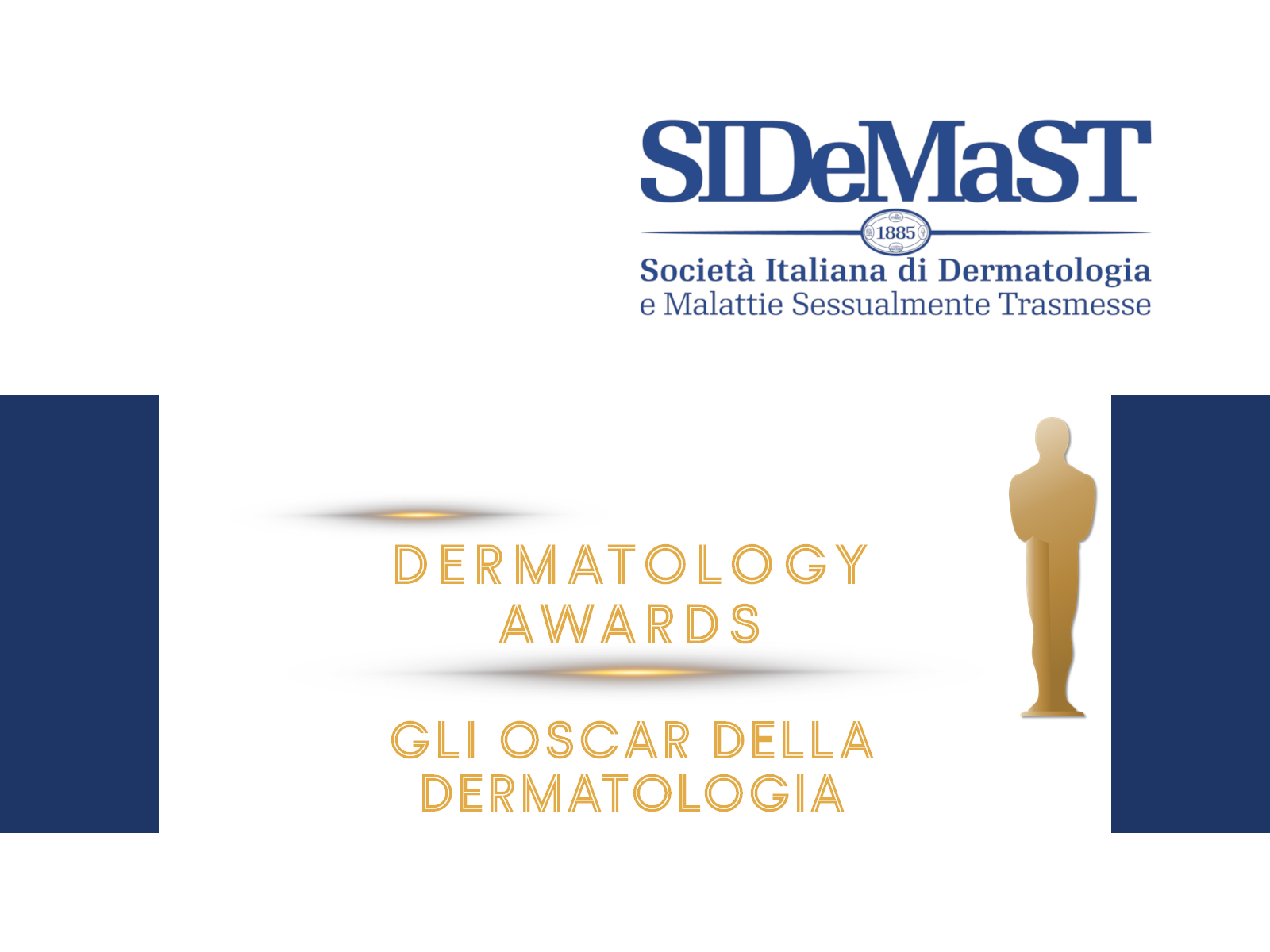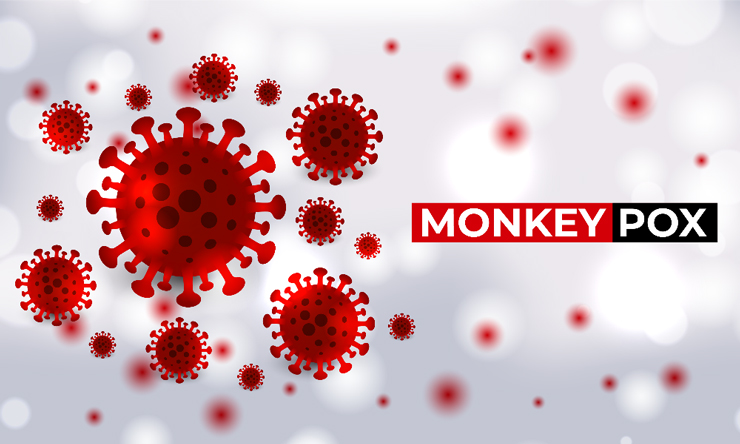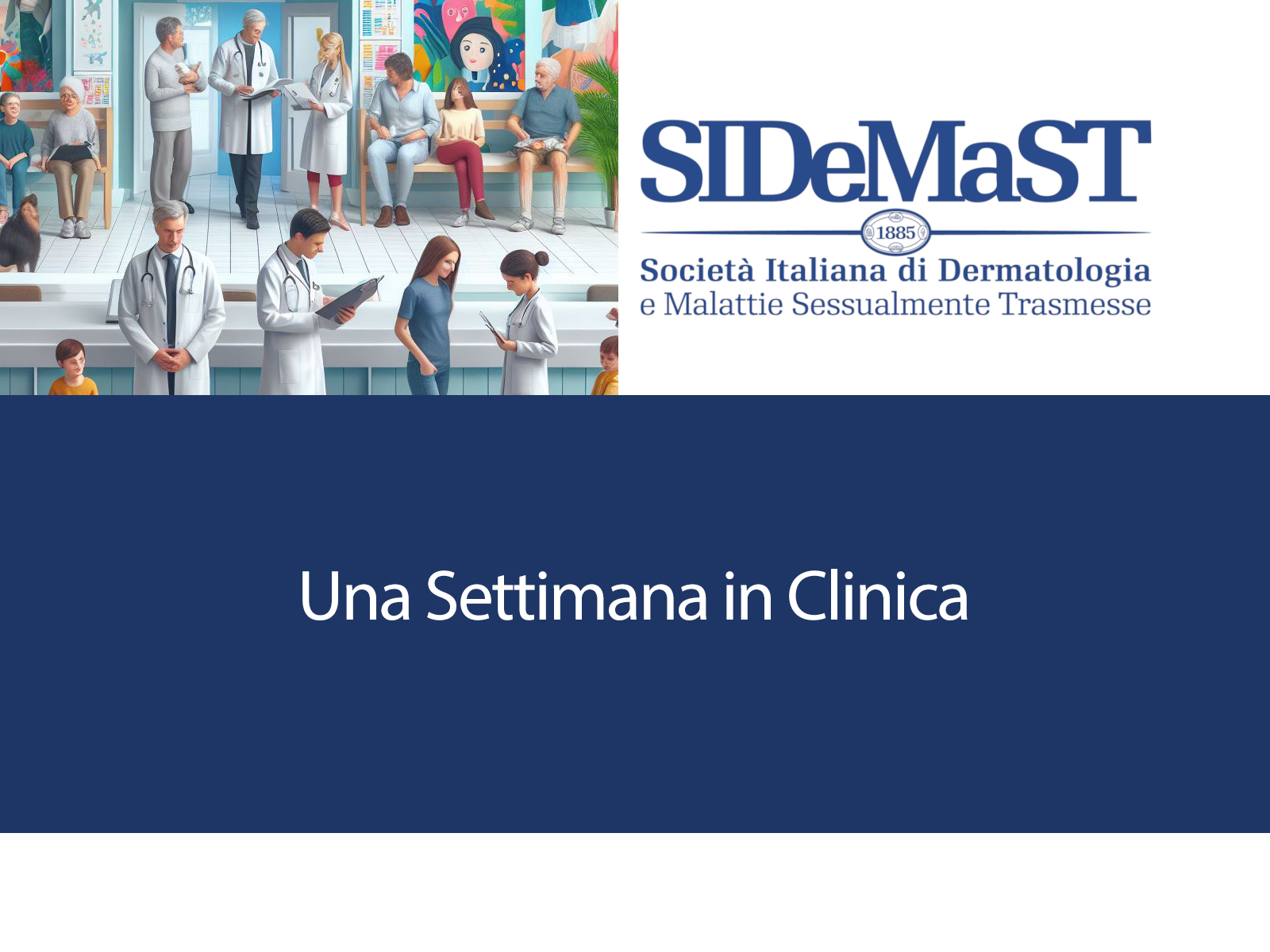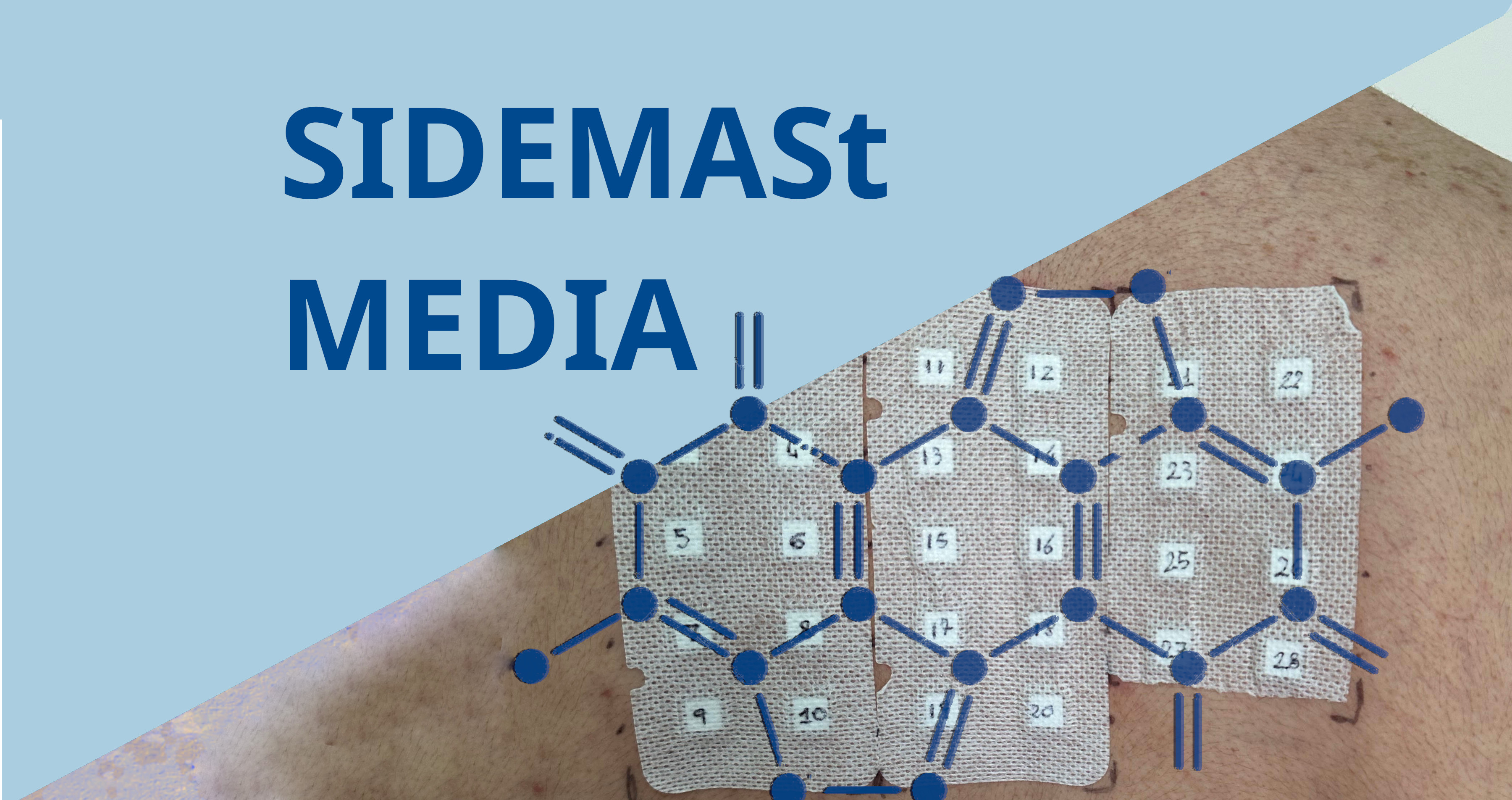In a small study that included 7 children and teens with Wiskott-Aldrich syndrome (WAS), use of gene therapy resulted in clinical improvement in infectious complications, severe eczema, and symptoms of autoimmunity.
The findings are published in the April 21 issue of JAMA.
In the absence of definitive treatment, patients with classic WAS generally do not survive beyond their second or third decade of life. Partially human leucocyte antigen (HLA) antigen-matched allogeneic hematopoietic stem cell (HSC) transplantation is often curative, but is associated with a high incidence of complications. Gene therapy based on transplantation of autologous genecorrected HSCs may be an effective and potentially safer alternative.
Marina Cavazzana, MD, Necker Children's Hospital, Paris, France, and colleagues assessed the outcomes and safety of autologous HSC gene therapy in patients with Wiskott-Aldrich syndrome. Gene-corrected autologous HSCs were infused in 7 patients (age, 0.8-15.5 years) with severe Wiskott-Aldrich syndrome lacking HLA antigen-matched related or unrelated HSC donors. Patients were enrolled in France and England and treated between December 2010 and January 2014. Follow-up of patients in this intermediate analysis ranged from 9 to 42 months.
There was clinical improvement after gene therapy in 6 of the 7 patients and treatment was well tolerated. One patient died of pre-existing, treatment-refractory infectious disease. In the 6 surviving patients, the infectious complications resolved after gene therapy, and prophylactic antibiotic therapy was successfully discontinued in 3 cases. Severe eczema resolved in all affected patients, as did signs and symptoms of autoimmunity.
No severe bleeding episodes were recorded after treatment, and at last follow-up, all 6 surviving patients were free of blood product support. Hospitalisation days were reduced from a median of 25 days during the 2 years before treatment to a median of 0 days during the 2 years after treatment.
The authors noted that the interpretation of the results of this type of study is constrained by the small number of patients.
"We therefore cannot draw conclusions on long-term outcomes and safety," the authors wrote. "Further follow-up of these patients and those reported in a similar study last year, together with additional clinical trials of this therapy, are therefore necessary."
In an accompanying editorial, Harry L. Malech, MD, National Institutes of Health, Bethesda, Maryland, and Hans D. Ochs, MD, University of Washington and Seattle Children's Research Institute, Seattle, Washington, wrote that the study provides strong evidence that this type of gene therapy achieves substantial restoration of immune function associated with prolonged clinical benefit to patients with severe WiskottAldrich syndrome.
"Taken together, the available evidence demonstrates substantial sustained clinical benefit following gene therapy for certain diseases," they wrote. "At a time when many are championing personalised medicine, no advance is as representative of that fundamental biological approach as gene therapy."


